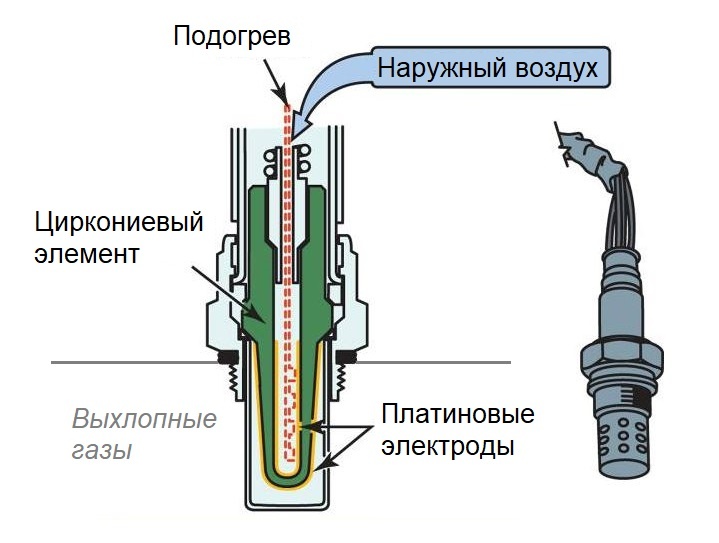
The 5 Most Common Reasons Your Engine May Make a “Ticking” Sound When Accelerated
Engine ticking noises can be caused by a variety of reasons, and all of them should be checked and fixed as soon as possible. Some causes can be very serious and addressing them in a timely manner can save you a lot of money.
Vehicles can have many malfunctions and noises that indicate something is wrong with the vehicle. Nonetheless, Ticking sounds in the engine can indicate a malfunction, which can be serious and costly.
This tick-tick is a bit common among engine noises., but you need to quickly check it and make sure it's not something serious. These noises are not always cause for concern. Actually, some ticking sounds are perfectly normal and expected.
Often tick-tick is a noise that has always existed, you just didn't hear it due to lack of attention or other noises outside the car.
However, it is always important to know what is causing the noise. That's why, Here we've compiled five of the most common reasons why your engine might be making a ticking sound when accelerating.
1- Purge valve
The engine exhaust valve releases the stored gases from the charcoal adsorber at the engine inlet where they are burned. When this valve is operating, a tick can often be heard.
2.- PCV valve
Also, the engine's PCV valve ticks from time to time. This mostly happens when the PCV valve starts to age. If the noise increases, you can replace the PCV valve and that's it.
3.- Nozzles
A ticking noise can also usually be heard from the engine's fuel injectors. Fuel injectors are electronically activated and usually make a ticking or humming sound during operation.
4.- Low oil level
The first thing we should check when we hear a tick is the oil level in your engine. A low engine oil level will result in poor lubrication of metal components, resulting in metal-on-metal vibration and disturbing ticking sounds.
5.- Incorrectly adjusted valves
An internal combustion engine uses intake and exhaust valves to supply air to each combustion chamber and expel exhaust gases. Valve clearances should be checked periodically according to the manufacturer's specifications.
If the engine valve clearances are not as specified by the manufacturer, they may make ticking noises.

